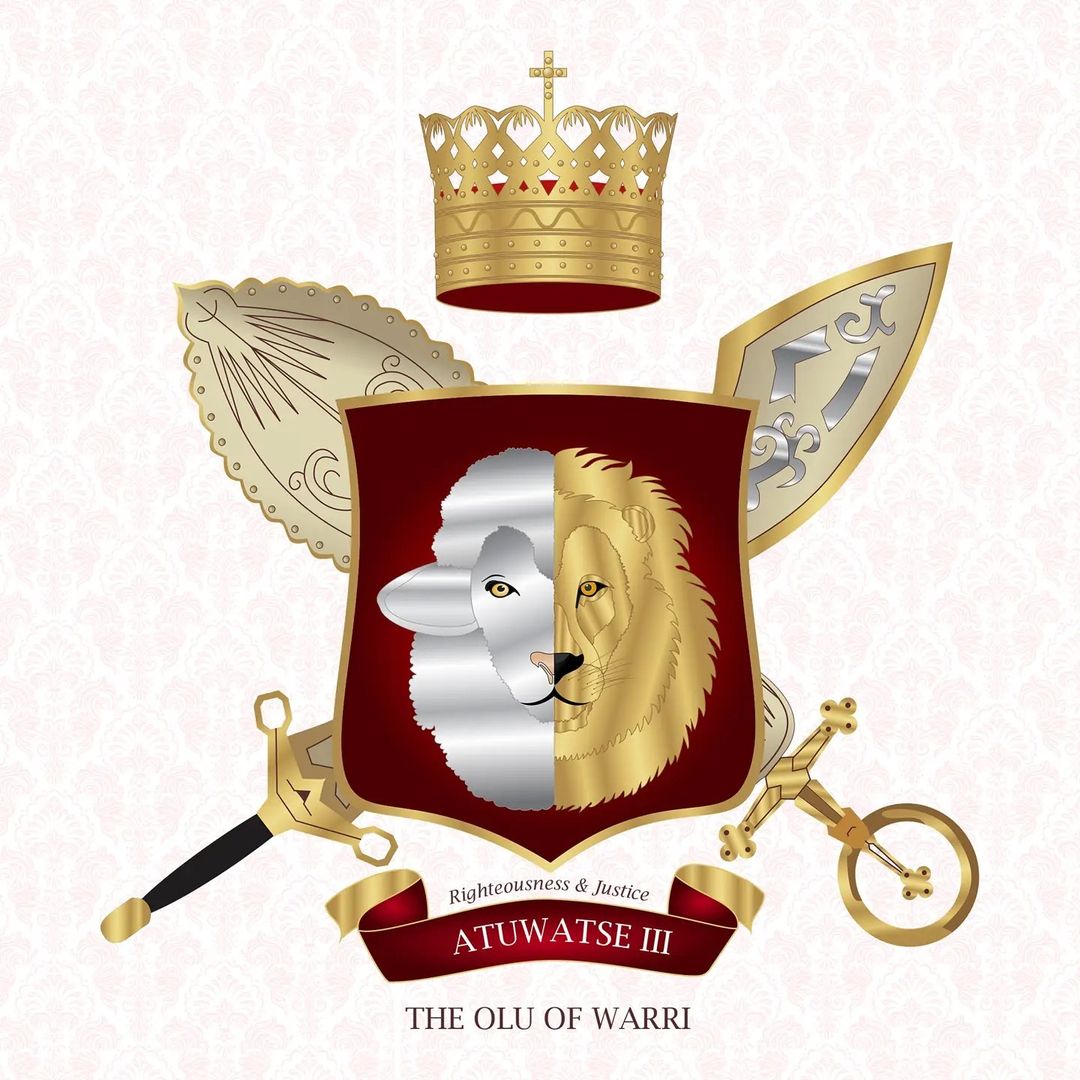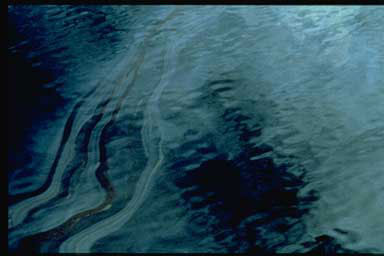|
Warri Crisis
The Warri Crisis was a series of conflicts in Delta State, Nigeria between 1997 and 2003 between the Itsekiri, the Ijaw, and the Urhobo ethnic groups.Nigeria: INC Wants Lasting Solution to Warri Crisis. By Sola Adebayo, 5 February 2003, Vanguard (Lagos). Over 200,000 people were displaced by the Warri conflict between 1999 and 2006. Over 700,000 people were displaced during this period by violence in Delta State overall.“Violence left 3 million bereft in past seven years Nigeria reports”, New York Times, March 14th 2006, p.A6 The broke out following a government decision that changed the location of the [...More Info...] [...Related Items...] OR: [Wikipedia] [Google] [Baidu] |
Olu Of Warri
The Kingdom of Warri, Warri Kingdom or Iwere Kingdom, (Itsekiri language, Itsekiri: ''Oye Iwere'') was established in 1480, was part of the Nigerian traditional states ancestrally based in Ode-Itsekiri, Warri South, Warri South LGA, Delta State, Nigeria with a palace erected in 1950s in the multi-ethnic city of Warri, Warri South, Warri South LGA, Delta State, Nigeria. The current Olu of Warri is Ogiame Atuwatse III, who was crowned on 21 August 2021. History According to Bini people, Bini and Itsekiri people, Itsekiri histories, Olu Ginuwa, a prince of Benin empire, Benin Kingdom founded the Warri kingdom about 1480. In the 15th century it was visited by Portuguese language, Portuguese missionaries. At the beginning of the 17th century, a son of the reigning Olu was sent to Portugal and returned with a Portuguese wife. Their son Antonio Domingo was Olu of Warri in the 1640s. Olu Erejuwa I, Olu Erejuwa, who reigned from about 1720 to 1800, expanded the kingdom politically an ... [...More Info...] [...Related Items...] OR: [Wikipedia] [Google] [Baidu] |
Ijaw National Congress
{{unreferenced, date=February 2017 The Ijaw National Congress (INC) is a representative body formed in 1991. Members are elected from among the various constituent communities speaking dialects of the Ijaw language The Izon languages (), otherwise known as the Ịjọ languages, are the languages spoken by the Izon people in southern Nigeria. Classification The Ijo languages were traditionally considered a distinct branch of the Niger–Congo family (pe .... The current INC President is Barrister Boma Obuoforibo who was elected and sworn on 15 January 2015 and was inaugurated on 2 February 2015 at Ijaw House, Yenagoa in the presence of the Governor of Bayelsa State, Henry Seriake Dickson and other eminent Ijaw personalities. References *The Guardia Ijaw ... [...More Info...] [...Related Items...] OR: [Wikipedia] [Google] [Baidu] |
Internally Displaced Person
An internally displaced person (IDP) is someone who is forced to leave their home but who remains within their country's borders. They are often referred to as refugees, although they do not fall within the legal definitions of a refugee. At the end of 2014, it was estimated there were 38.2 million IDPs worldwide, the highest level since 1989, the first year for which global statistics on IDPs are available. As of 3 May 2022 the countries with the largest IDP populations were Ukraine (8 million), Syria (7.6 million), Ethiopia (5.5 million), the Democratic Republic of the Congo (5.2 million), Colombia (4.9 million), Yemen (4.3 million), Afghanistan (3.8 million), Iraq (3.6 million), Sudan (2.2 million), South Sudan (1.9 million), Pakistan (1.4 million), Nigeria (1.2 million) and Somalia (1.1 million). The United Nations and the UNHCR support monitoring and analysis of worldwide IDPs through the Geneva-based Internal Displacement Monitoring Centre. Definition Whereas 'refugee ... [...More Info...] [...Related Items...] OR: [Wikipedia] [Google] [Baidu] |
Nigerian Red Cross Society
The Nigerian Red Cross Society (NRCS) was founded in 1960, and it has its headquarters in Abuja. It has over 500,000 volunteers and 300 permanent employees. The Nigerian Red Cross Society was established by an Act of Parliament In modern politics, and history, a parliament is a legislative body of government. Generally, a modern parliament has three functions: representing the electorate, making laws, and overseeing the government via hearings and inquiries. Th ... in 1960 and became the 86th Member – National Society of the League of Red Cross and Red Crescent Societies (Now International Federation of Red Cross and Red Crescent Societies) on 4 February 1961. Its driving principles are humanity, impartiality, neutrality, independence, voluntary service, unity and universality. NRC Anthem References External linksNigerian Red Cross Society Red Cross and Red Crescent national societies 1960 establishments in Nigeria Organizations established in 1960 M ... [...More Info...] [...Related Items...] OR: [Wikipedia] [Google] [Baidu] |
Sani Abacha
Sani Abacha (20 September 1943 – 8 June 1998) was a Nigerian military officer and politician who ruled as the military head of state of Nigeria from 1993 until his death in 1998. He seized power on 17 November 1993 in the last successful coup d'etat in the military history of Nigeria. He was the Chief of Army Staff between 1985 to 1990; Chief of Defence Staff between 1990 to 1993; and Minister of Defence. Abacha became the first Nigerian Army officer to attain the rank of a full military general without skipping a single rank. His rule saw the achievement of several economic feats and also recorded human rights abuses and several political assassinations. He has been dubbed a kleptocrat and a dictator by several modern commentators. Early life Abacha was born and brought up in Kano. He attended the Nigerian Military Training College in Kaduna, and was commissioned in 1963 after he had attended the Mons Officer Cadet School in Aldershot, England. Military career Abach ... [...More Info...] [...Related Items...] OR: [Wikipedia] [Google] [Baidu] |
Environmental Racism
Environmental racism or ecological apartheid is a form of institutional racism leading to landfills, incinerators, and hazardous waste disposal being disproportionally placed in communities of colour. Internationally, it is also associated with extractivism, which places the environmental burdens of mining, oil extraction, and industrial agriculture upon Indigenous peoples and poorer nations largely inhabited by people of colour. Response to environmental racism has contributed to the environmental justice movement, which developed in the United States and abroad throughout the 1970s and 1980s. Environmental racism may disadvantage minority groups or numerical majorities, as in South Africa where apartheid had debilitating environmental impacts on Black people. Internationally trade in global waste disadvantages global majorities in poorer countries largely inhabited by people of colour. It also applies to the particular vulnerability of indigenous groups to environmental pollu ... [...More Info...] [...Related Items...] OR: [Wikipedia] [Google] [Baidu] |
Exxon Valdez Oil Spill
The ''Exxon Valdez'' oil spill occurred in Prince William Sound, Alaska, on March 24, 1989. ''Exxon Valdez'', an oil supertanker owned by Exxon Shipping Company bound for Long Beach, California struck Prince William Sound's Bligh Reef, west of Tatitlek, Alaska at 12:04 a.m. and spilled (or 37,000 tonnes) of crude oil over the next few days. The ''Exxon Valdez'' spill is the second largest in U.S. waters, after the 2010 ''Deepwater Horizon'' oil spill, in terms of volume of oil released. Prince William Sound's remote location, accessible only by helicopter, plane, or boat, made government and industry response efforts difficult and made existing response plans especially hard to implement. The region is a habitat for salmon, sea otters, seals, and seabirds. The oil, extracted from the Prudhoe Bay Oil Field, eventually affected of coastline, of which were heavily or moderately oiled. Spill ''Exxon Valdez'' was carrying of oil, of which approximately were spilled int ... [...More Info...] [...Related Items...] OR: [Wikipedia] [Google] [Baidu] |
Environmental Issues In The Niger Delta
Environmental issues in the Niger Delta are caused by its petroleum industry. The delta covers within wetlands of formed primarily by sediment deposition. Home to 20 million people and 40 different ethnic groups, this floodplain makes up 7.5% of Nigeria's total land mass.Dr. P.C. Nwilo & O. T. Badejo''Impacts of Oil spills along the Nigerian coast''The Association for Environmental Health and Sciences, 2001 It is the largest wetland and maintains the third-largest drainage basin in Africa. The Delta's environment can be broken down into four ecological zones: coastal barrier islands, mangrove swamp forests, freshwater swamps, and lowland rainforests. Fishing and farming are the main sources of livelihoods for majority of her residents. This incredibly well-endowed ecosystem contains one of the highest concentrations of biodiversity on the planet, in addition to supporting abundant flora and fauna, arable terrain that can sustain a wide variety of crops, lumber or agricultural ... [...More Info...] [...Related Items...] OR: [Wikipedia] [Google] [Baidu] |
Oil Bunkering
An oil is any nonpolar chemical substance that is composed primarily of hydrocarbons and is hydrophobic (does not mix with water) & lipophilic (mixes with other oils). Oils are usually flammable and surface active. Most oils are unsaturated lipids that are liquid at room temperature. The general definition of oil includes classes of chemical compounds that may be otherwise unrelated in structure, properties, and uses. Oils may be animal, vegetable, or petrochemical in origin, and may be volatile or non-volatile. They are used for food (e.g., olive oil), fuel (e.g., heating oil), medical purposes (e.g., mineral oil), lubrication (e.g. motor oil), and the manufacture of many types of paints, plastics, and other materials. Specially prepared oils are used in some religious ceremonies and rituals as purifying agents. Etymology First attested in English 1176, the word ''oil'' comes from Old French ''oile'', from Latin ''oleum'', which in turn comes from the Greek (''elaion'') ... [...More Info...] [...Related Items...] OR: [Wikipedia] [Google] [Baidu] |




